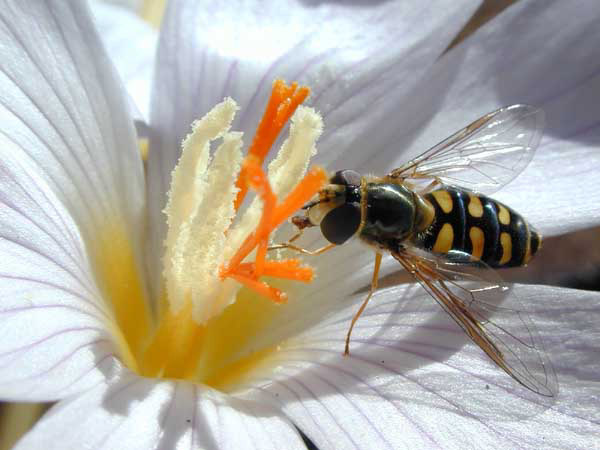| Moral Outcomes (Behavioral Genetics)
The first category of biological explanations for moral behavior (Figure 1) involves interpreting the acts or outcomes in an evolutionary context, in terms of fitness, or survival and reproduction measured in genetic terms.
Cooperation and helping behavior are simple evolutionary puzzles.
 Evolution provides an important context for interpreting moral behavior, interpreted solely in terms of outcomes — regardless of motive or intent. Some behaviors or dispositions — not all — are partly hereditary (innate or instinct). To the degree that they are, they are subject to natural selection. Such behaviors will thus tend to promote an individual's relative fitness. Moral behavior seems an exception. Cooperation or helping may enhance the fitness of another organism. Any behavior that involves a cost (or decreased fitness) to the individual seems ruled out by evolutionary principles. Biologists have solved this puzzle in various ways, as described in the following...
Evolution provides an important context for interpreting moral behavior, interpreted solely in terms of outcomes — regardless of motive or intent. Some behaviors or dispositions — not all — are partly hereditary (innate or instinct). To the degree that they are, they are subject to natural selection. Such behaviors will thus tend to promote an individual's relative fitness. Moral behavior seems an exception. Cooperation or helping may enhance the fitness of another organism. Any behavior that involves a cost (or decreased fitness) to the individual seems ruled out by evolutionary principles. Biologists have solved this puzzle in various ways, as described in the following...
|